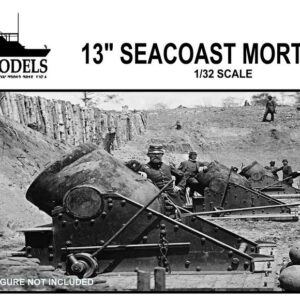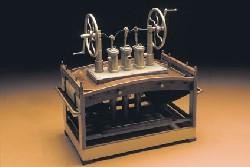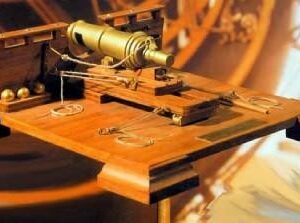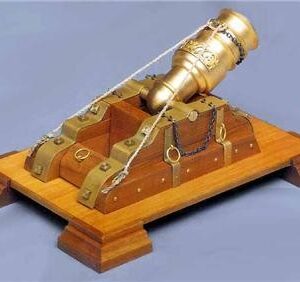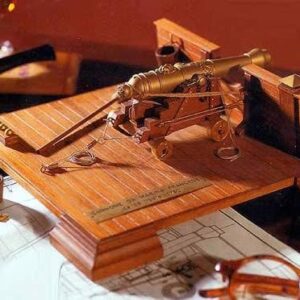Cannons
Cannons have played a significant role in human history, from their early development in China during the 12th century to their widespread use in modern warfare. These powerful weapons revolutionized the way wars were fought and changed the course of history. Cannons were first used in China during the Song Dynasty and were made of bronze, with a firing range of up to 1,000 yards.
They were initially used for ceremonial purposes and as a means of scaring off evil spirits, but their potential as a weapon soon became apparent. As trade and warfare spread throughout Asia and Europe, cannons were adopted by various empires and kingdoms, including the Mongols, Ottomans, and Europeans. By the 14th century, cannons had become an integral part of siege warfare, capable of breaking through fortified walls and changing the dynamics of battles.
Throughout the Renaissance period, they continued to evolve and became more accurate and easier to transport. This allowed for more flexibility on the battlefield and gave armies a greater advantage. The introduction of gunpowder also led to the development of smaller, handheld cannons known as muskets, which were used by infantry soldiers. However, it was the use of cannons on ships that truly revolutionized naval warfare.
The Spanish Armada, a fleet of ships armed with cannon, was defeated by the English in 1588, showcasing the power and effectiveness of these weapons at sea. As time went on, cannon continued to play a crucial role in major conflicts, including the American Revolution and the Napoleonic Wars. Even with the advancements of technology and the introduction of more sophisticated weapons, cannons remained a vital component of warfare well into the 20th century.
Today, cannon are still used in certain military operations, but their significance in shaping history cannot be overlooked. From their humble beginnings in China to their widespread use across the globe, cannons have left a lasting impact on the way wars are fought and have forever changed the course of human history.
- Add to cart
- $156.00
Bilge Pump – Mantua
- 1
- 2

